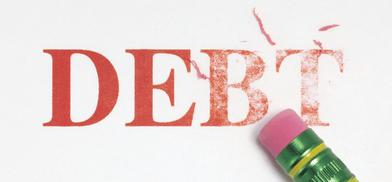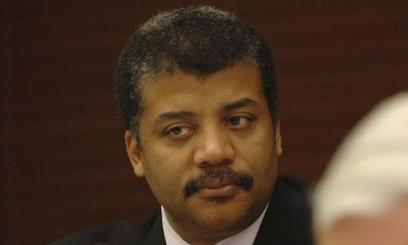Orion Jones
Managing Editor
Get smarter, faster, for success in the knowledge economy. Like us on https://t.co/6ZFWKpoKLi or visit https://t.co/d7r7dG2XOq
The story of a smooth power transfer began to unravel last February when a Party official was accused of murder. The tale is emblematic of the State’s problem with transparency.
Certain cognitive tests that improve attention and working memory have been shown to increase people’s IQ scores, once considered a fixed measure of how smart someone is.
When women watch pornography, their brains play down the role of the visual cortex, focusing instead on physical arousal. This contrasts how the brain reacts to most other visual stimuli.
Famed biologist E.O. Wilson thinks art and science can be reconciled by understanding the neurological processes which inspire our appreciation of art. But does that serve the artist?
Men and women prefer best friends of the opposite sex and second-best friends of the same sex. Until middle age, that is, when friendship patterns change in ways important to evolution.
When you ingest cannabis, the chemical THC binds to the body’s cannabinoid receptors which influence of the functioning of everything from your appetite to short-term memory.
A new study of over 200,000 Australians suggests that leading a sedentary lifestyle is unbelievably bad for you, greatly increasing your risk of death within the next three years.
As technology changes our relationship to the office, we need to change how we take breaks from work. That means using the flexibility of our technology to treat ourselves well.
Scientists in Britain have created artificial DNA, called XNA, by replacing natural sugars with synthetic polymers. In laboratory conditions, the XNA evolved according to Darwinian rules.
Researchers at the University of Glasgow have used 3D printers to synthesize chemical compounds commonly used in medicines, enabling a future of on-demand health care.
A new research institute out of MIT wants to bring the power of new computing to bear on medical devices, creating non-invasive tools to monitor patients and test new drugs faster.
An online petition asking for a one-time bailout of student loan debt has gathered 670,000 signatures. But is it a realistic way to help the economy while preserving the notion of fairness?
Competition among international film festivals is heating up, with Sundance lending its name to a new festival in London. What festivals cater to your kinds of films (and celebrities)?
Despite the irreverence of the nation’s new favorite comic, Louis often discusses essential moral lessons through what he has experienced as a father, parent and divorcée.
Despite the sizable commitment an MBA requires in terms of time and money, there are positive steps you can take to guide a business education toward launching a start up.
The prevailing belief in Glen Rose, Texas, is that humans and dinosaurs walked the Earth together, though archaeologists say the species lived 60 million years apart.
This week, the first orders of the $25 Raspberry Pi computer began shipping. Its designers expect a plethora of new technology as a result—and a new generation of programmers.
From Richard Branson, who began his storied career as a magazine editor, to the Columbian Journalism School, which boasts 40 start ups launched by former students, the two fields are closely related.
Dreams of a better Internet have evaporated, says Alexis Madrigal. How did we become contented with the same basic apps, all modified to fit ever-smaller niche groups?
What’s the Latest Development? By combining advances in the fields of electromagnetism and computing, researchers at UT Dallas have created a cellphone that can see through walls, aiding humans in all sorts […]
A new high-tech pen set to be tested in the nation’s second-largest school district encourages more collaborative learning by engaging students directly with teachers’ notes.
The Space Studies Institute has drawn up a working list of the obstacles we must overcome if we are ever to live permanently in space. The effects of partial gravity are high on the list.
Everyone’s favorite astrophysicist, Neil deGrasse Tyson, has put forward a bold new vision for American space exploration, defending budget increases as a solution to a struggling economy.
After approving the flight readiness review at the Johnson Space Center in Houston, Texas, NASA is moving forward with plans to launch the first private rendez-vous with the ISS.
Facing deep budget cuts in 2013, the space agency is casting a wider net when it comes to getting new ideas. So if you have a novel thought on getting to Mars cheaply, speak up.
One of the world’s five most powerful supercomputers has modeled the structure of the known Universe, giving scientists fresh data on mysteries like the distribution of dark matter.
The WikiLeaks founder has released a half-hour interview with Hezbollah leader Hassan Nasrallah, a well-known Middle East figure who has not given an interview to the West in six years.
Two exclusively online media sources have won Pulitzer Prizes for journalistic reporting, effectively ending the divide between old and new media. We are all one, but is that a good thing?
How could Instagram create an app worth $1 billion while Kodak, the grandfather of photography, went belly up? When it comes to innovation, business experts say culture is the key.
A host of new apps allows parents to digitally track every event in their newborn’s life. But will the data deluge make people better parents or just more obsessed with data points?





























